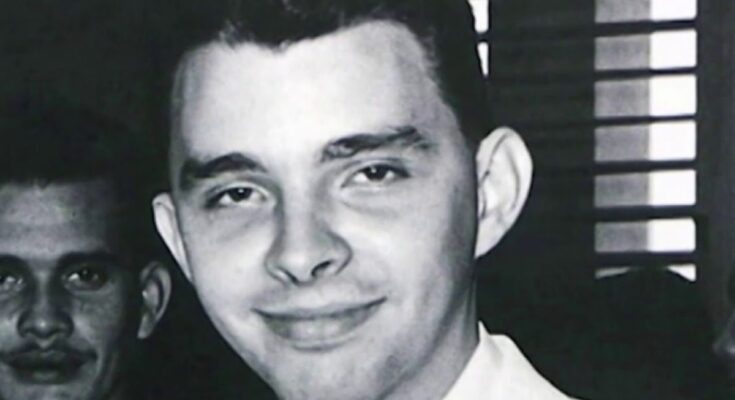Throughout his life as a student leader, Frank País García orchestrated youth demonstrations, disseminated anti-government propaganda, and authored articles denouncing the dictatorship of Fulgencio Batista.
Following the events at the Moncada Barracks on July 26, 1953, he traversed the city in search of survivors, offering assistance wherever he could. Despite his efforts, he was unable to rescue the imprisoned assailants at the Boniato prison due to a lack of necessary resources.
On November 30, 1956, after coordinating with Fidel Castro from Mexico, Frank País organized and led the uprising in Santiago de Cuba in support of the revolutionary movement. In 1954, he founded the revolutionary organization Acción Liberadora Nacional, advocating for armed struggle as a solution to Cuba’s pressing issues.
Between 1953 and 1954, Frank’s activities were relentless. He served as Secretary of the FEU-O (Federación Estudiantil Universitaria – Organización) at the School of Pedagogy, joined the Committee for Agrarian Reform, presided over the Agrarian Bureau of the FEU-O, and participated in the Committee against the Vía-Cuba Canal, an imperialist project aimed at dividing the island of Cuba, similar to the Panama Canal.
Frank established and led an organization known as ARO (Acción Revolucionaria Oriental), which united students, workers, and farmers. His brother, Josué, was also involved in this initiative. The organization’s influence expanded to other provinces, leading to its rebranding as ANR (Acción Nacional Revolucionaria). Under País’s leadership, the group successfully acquired dynamite, weapons, and explosives, with funding primarily sourced from the most impoverished members of society, particularly workers.
In 1955, he was arrested on charges of clandestine activities. While these allegations were true, they could not be substantiated, leading to his release by the Urgent Tribunal of Santiago de Cuba.
Subsequently, as a leader of the Movimiento 26 de Julio, he organized and directed the uprising on November 30, 1956, in Santiago de Cuba. This operation aimed to divert Batista’s forces and facilitate the landing of the Granma, which would bring Fidel Castro and 81 other expeditionaries to the island.
<p>Once Fidel Castro established himself in the Sierra Maestra, Frank País played a crucial role in ensuring the delivery of essential supplies, including weapons, medicine, and personnel, which were vital for the survival and subsequent development of the guerrilla movement.
In February 1957, País journeyed to meet Fidel in the Sierra Maestra, escorting New York Times journalist Herbert Matthews to the Commander. The publication of Matthews’ interview with the guerrilla leader significantly undermined Batista’s propaganda, which falsely claimed that Fidel had been killed.Tragically, on July 30, 1957, amid a fierce manhunt, Frank País was betrayed and captured alongside Raúl Pujol in the Callejón del Muro.
They were immediately gunned down by repressive forces. Upon learning of Frank País’s death, Fidel expressed his profound sorrow, stating: “What monsters! They do not realize the intelligence, character, and integrity they have assassinated. The people of Cuba have no idea who Frank País truly was and the greatness and promise he embodied. Frank País was the most valuable, the most useful, and the most extraordinary of our combatants.”

